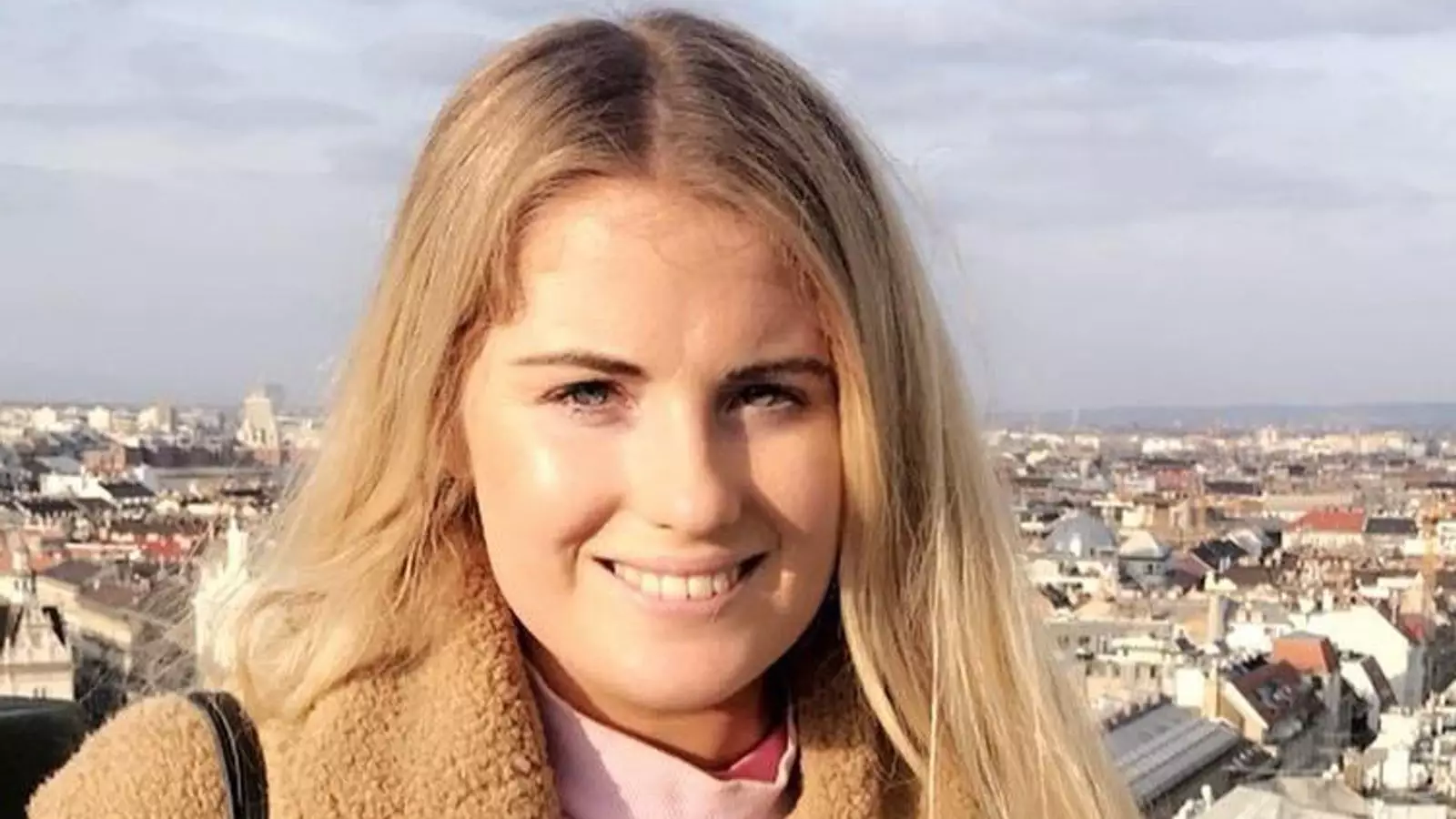A recent incident in Laos has resulted in the heartbreaking loss of life among tourists, highlighting a dire public health issue tied to the consumption of contaminated alcohol. The tragic death of 28-year-old British lawyer Simone White, alongside several other foreign nationals, serves as a warning about the potential hazards of drinking in foreign lands, particularly in bars that may not adhere to international safety standards. White’s case, which stems from a suspected methanol poisoning, has unearthed serious concerns about the types of alcohol being served in tourist hotspots like Vang Vieng, known for its vibrant nightlife and appeal to backpackers.
Reports indicate that White, alongside others, became ill after consuming “free shots” offered at a local bar, underlining a troubling tendency among establishments in tourist-heavy locales to serve potentially dangerous homemade spirits in order to cut costs. Methanol, an industrial alcohol that can be fatal if ingested, is sometimes substituted for ethanol in cocktails. It raises the question: how frequently does this practice endanger the lives of unsuspecting tourists who may not realize the grave risks involved?
Methanol poisoning is not merely an isolated incident; it represents a significant global health issue. Cases have arisen in various parts of the world where laws governing the sale and production of alcohol are lax. The dangers of methanol extend beyond individual health, as families and communities are left to grapple with the aftermath of such tragedies. The broader implications for the tourism industry cannot be ignored either, as incidents like those in Laos can deter prospective travelers, affecting local economies reliant on tourism revenue.
The tragic experiences of White and the others have prompted government intervention, with the UK’s Foreign, Commonwealth and Development Office actively supporting affected families and collaborating with local authorities. Nations like Australia have taken decisive steps in response, with their Prime Minister publicly addressing the incidents, which not only aids in demonstrating solidarity but also raises awareness about the potential dangers tourists face.
In light of such tragedies, travelers must exercise caution when indulging in local customs, particularly concerning alcohol consumption. Awareness campaigns aimed at educating tourists about the risks associated with local spirits can be vital. Online platforms and travel forums are pivotal in disseminating information, as seen when White’s friend posted a warning in a Laos Backpacking Facebook group. Social media and community engagement play crucial roles in refreshing travel advice that can save lives.
Components promoting responsible drinking should be an integrated part of the tourism experience. Bars and restaurants in high-tourism areas must prioritize safety by ensuring that their offerings are transparent about ingredients, including potential risk factors. Moreover, establishing strict regulations concerning the production and sale of alcohol can significantly reduce poisoning incidents.
The heartbreaking loss of young lives like Simone White and Bianca Jones serves as a sobering reminder of the inherent risks faced by tourists engaging with unfamiliar cultures and customs. Their families and friends are left with emotional scars that no words can heal. It is essential for governments, tourist boards, and hospitality industries worldwide to work collaboratively to implement strategies that prioritize the safety and well-being of travelers.
Travelers must also empower themselves with knowledge before embarking on their journeys, educating themselves on common health risks in their chosen destinations. Methanol poisoning is a preventable tragedy, and through vigilance, awareness, and responsible tourism, we can work together to ensure that such sorrow becomes a relic of the past. Each casualty is a harsh reminder of the need for united efforts in safeguarding public health and ensuring that the joys of traveling are not overshadowed by preventable tragedies.


Leave a Reply